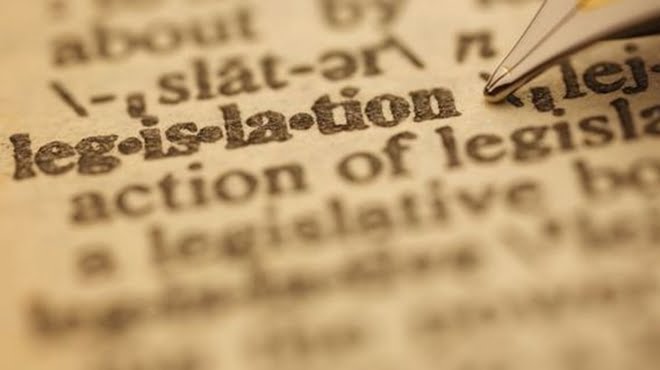One of the most frightening aspects of the Draft Expropriation Bill is that it gives our 257 municipalities the right to expropriate property without compensation, says the Cape Chamber of Commerce and Industry.
In the letter of objection to the Bill, Ms Janine Myburgh, President of the Chamber, said that the biggest demand for land was in the urban areas so municipalities would be the authorities most likely to do the expropriating and they would be given dangerous powers which most of them were not competent or equipped to use.
“The performance of our municipalities leaves a great deal to be desired. This is clear from the fact that only 33 of our 257 municipalities obtained clean audits last year and the auditor general has complained of the lack of accountability and that his advice is simply ignored.”
In addition, there was a vast corruption problem with, for example, municipalities collecting money for electricity and spending it on other projects instead of paying Eskom. Municipalities now owed the electricity company R17 billion.
Ms Myburgh said “municipalities cannot be trusted to implement expropriation without compensation fairly and with the administrative justice demanded by section 33 of the Constitution.”
The Bill gives five examples where “nil compensation” would be justified but it also states that expropriation without compensation is not limited to these reasons. “This opens the door to a wide range of reasons, valid or invalid for seizing land without have to pay for it.”
The letter points out that even the examples given in the legislation fail to meet reasonable standards of fairness. One of the examples is land held for speculation but “who decides whether land is being held for purely speculative purposes or for future expansion?”
If a project was delayed, did this give some municipal manager the right to decide that the real purpose of the purchase was speculation and then to confiscate the land without paying for it?
It was obvious that speculative land had value and to expropriate something of value without paying for it was akin to theft.
The Chamber said that the one case where expropriation without compensation was justified was in the case of unused land held by state-owned entities and which could be better used for housing. However, this was meaningless as the state-owned entity could simply refuse to give its consent and that was the end of the matter.
The section on expropriation without compensation was so vague that the risk of abuse was unreasonably high. A municipality could, for instance, confiscate land for a community project but there was nothing in the legislation to compel the return of the land if the project was never implemented. This left the way open for a corrupt municipality to invent a fanciful community project as an excuse to confiscate land.
A major concern was that the definition of property was not confined to land and the legislation could therefore be used to confiscate anything from intellectual property to shares in a company as long as this was “in the public interest”.
The Chamber pointed out that this provision could be used to justify the confiscation of a pharmaceutical company or a private hospital as health services were in the public interest.
Ms Myburgh said “the Expropriation Bill opens the way to nationalise any number of industries, possibly without compensation. It certainly provides for the seizure of any form of property by any expropriation authority including 257 municipalities. It provides a licence to steal as long as some kind of ‘public interest’ justification can be cited.”
The combined effect of the Bill would diminish property rights and create the kind of uncertainty that would make investors reluctant to invest in any form of property in South Africa. “The effect of this will be to undermine economic growth and increase unemployment,” the Chamber said.
